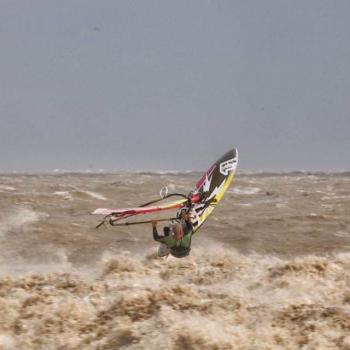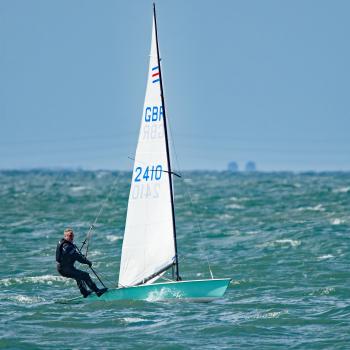Is there something about Italian footballers, their testosterone levels and a seeming lack of fear?
 An Italian scientific paper headed by Natascia Brondino from the University of Pavia, Testosterone Level and Its Relationship with Outcome of Sporting Activity states, "It could be cautiously hypothesized that an increased level of T could be associated with a reward state while a decreased level of T may determine something akin to punishment". Following the most recent example of an international penalty shoot-out, this is possibly something that most of us (fans and players) can relate to.
An Italian scientific paper headed by Natascia Brondino from the University of Pavia, Testosterone Level and Its Relationship with Outcome of Sporting Activity states, "It could be cautiously hypothesized that an increased level of T could be associated with a reward state while a decreased level of T may determine something akin to punishment". Following the most recent example of an international penalty shoot-out, this is possibly something that most of us (fans and players) can relate to.
The no fear hormone
There have been many studies looking at testosterone levels and its relationship with sporting success. Testosterone reduces fear, which when faced with any challenge, let alone possibly the biggest challenge of a sporting career with the eyes of the world upon you, is fundamental to the state of mind. In other words, the psychoneuroendocrinology matters. Increased testosterone is also associated with winning, and explains why success builds on success. It is a key chemical basis for winning streaks.
Appropriate response to social challenges
The hormone has a direct effect on the part of the brain known as the amygdala. The amygdala is involved in the detection of threat and is the instigator of fight-or-flight behaviour. Neuroimaging studies have consistently shown increased amygdala responsivity. Research shows that testosterone selectively increases activation of the superficial amygdala (SFA) and, to a lesser extent, the basolateral amygdala (BLA). Both the SFA and BLA are considered input regions, and enhanced activation by testosterone might reflect the role of this hormone in adaptive responding to socially relevant stimuli.
Testosterone appears to act by increasing activation of these subregions of the amygdala and has a fear reducing effect. The Psychoneuroendocrinology paper reports, "testosterone may promote preferential processing of salient stimuli in the context of social challenges".
Testosterone and the penalty mind set
It is well known that testosterone increases muscle mass and reduces body fat, however, the Italian scientists also suggests that testosterone influences brain activity, increases vigilance, visuo-spatial abilities, self-confidence, risk preference and aggressive behaviour. The paper does not specifically mention 'penalty taking', but it covers most of the required mental ingredients.












